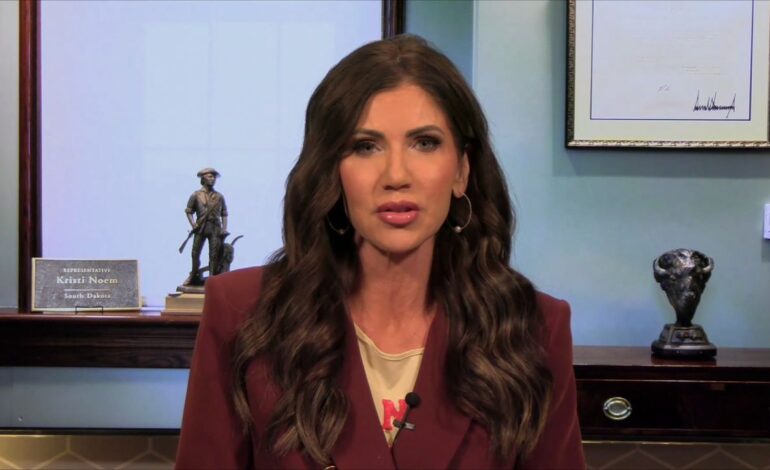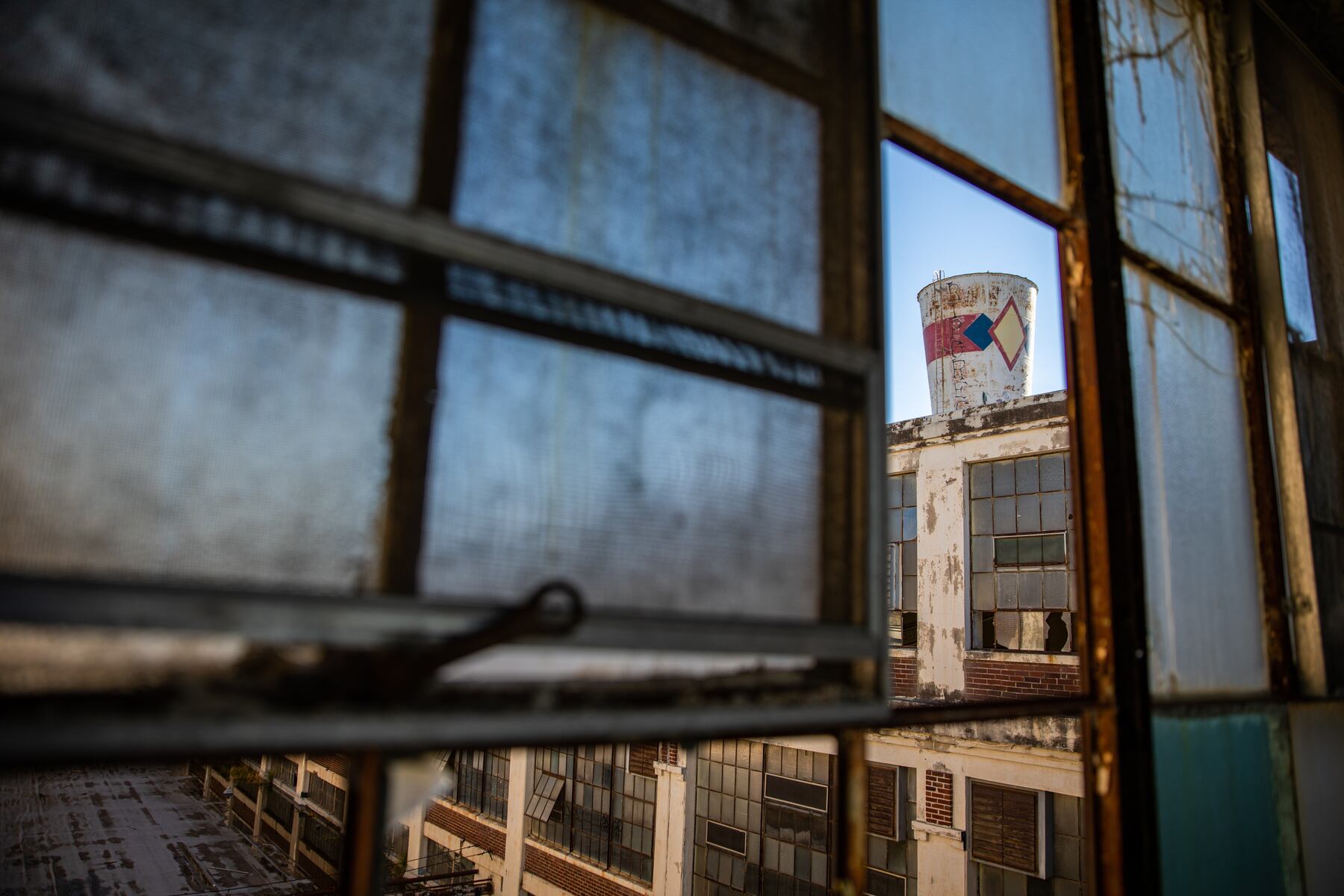Noem Faces Questions on Trump’s ‘Radical Left Terrorist’ Claim

The recent shooting at a Dallas ICE facility has sparked controversy, particularly regarding statements made by former President Donald Trump and Vice President JD Vance. During an interview, Kristi Noem, the Secretary of the Department of Homeland Security, was pressed by CNN’s Kaitlan Collins on the intelligence that led Trump and Vance to label the shooter as a “radical left terrorist.”
The incident, which occurred on September 15, 2023, left several individuals injured and has since ignited a debate over political rhetoric and its impacts. Both Trump and Vance quickly attributed the shooting to the far-left, suggesting that it was part of a broader pattern of violence linked to leftist ideologies.
Noem’s responses during the interview drew attention as Collins sought clarity on the basis of these claims. She emphasized that the Department of Homeland Security operates on verified intelligence and that any assertions made by political figures must be rooted in factual data. The questioning highlighted the ongoing tension between political narratives and the realities of violent incidents.
In the wake of the shooting, local authorities are conducting thorough investigations to ascertain the motives behind the attack. This incident not only raises questions about the shooter’s background but also intensifies scrutiny on how political figures respond to such events.
Noem reiterated the importance of focusing on facts rather than conjecture, stating that the Department’s priority remains the safety of citizens. The interview underscored the challenges officials face when navigating public perceptions and political pressures in the aftermath of violence.
The incident at the Dallas facility serves as a stark reminder of the potential consequences of political rhetoric. With emotions running high, the discourse surrounding the shooting continues to evolve, raising significant concerns about the implications of labeling individuals based on their political beliefs.
As investigations continue, the focus will likely remain on the intersection of politics, public safety, and the narratives that shape national conversations. The implications of this shooting extend beyond the immediate response, challenging leaders to consider the ramifications of their words and actions in a highly polarized environment.






